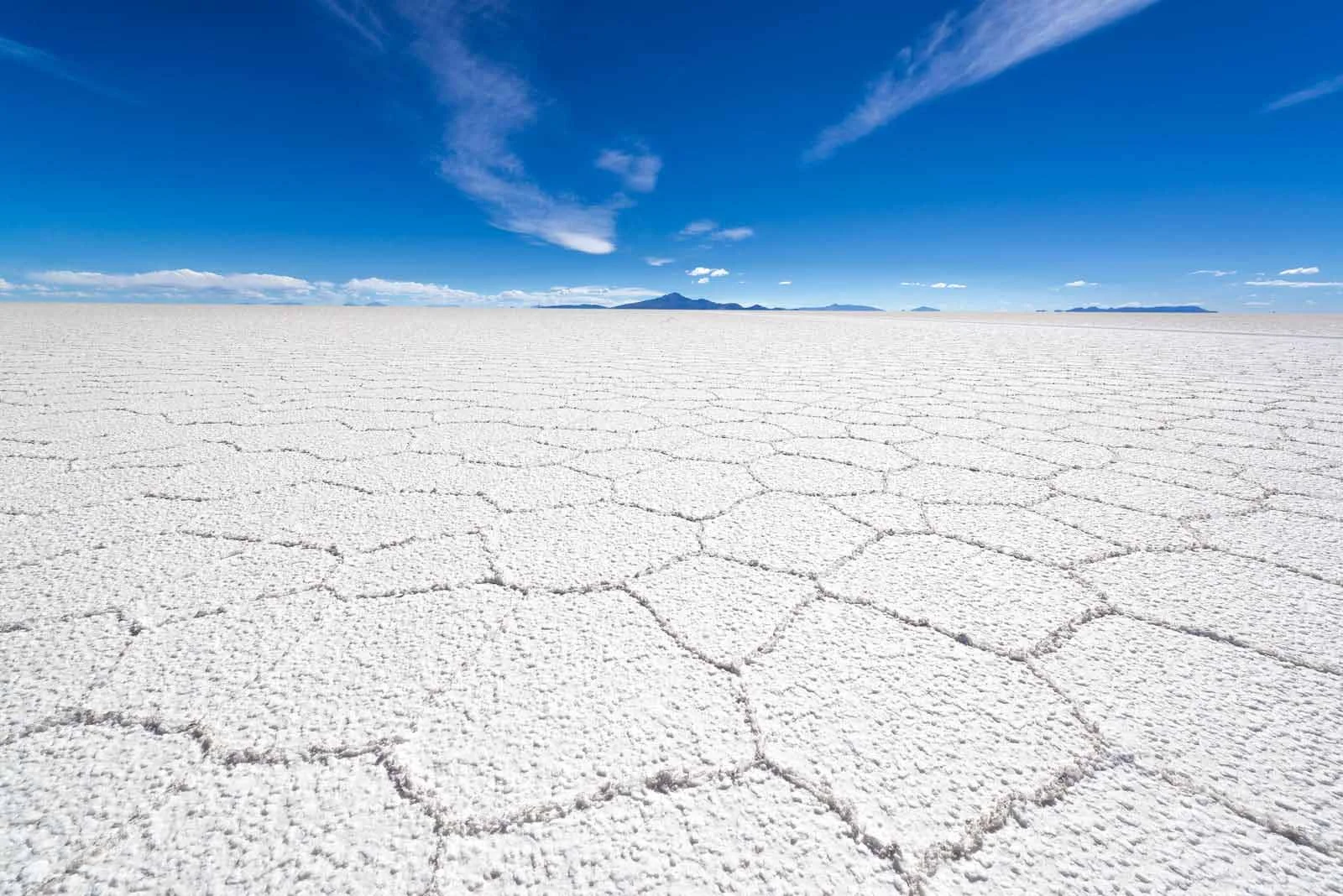
16 places on earth that don’t feel real | Travel News
These locations are so visually stunning that they resemble scenes from a fantastical movie.
1. Waipu Glow Worm Cave, New Zealand
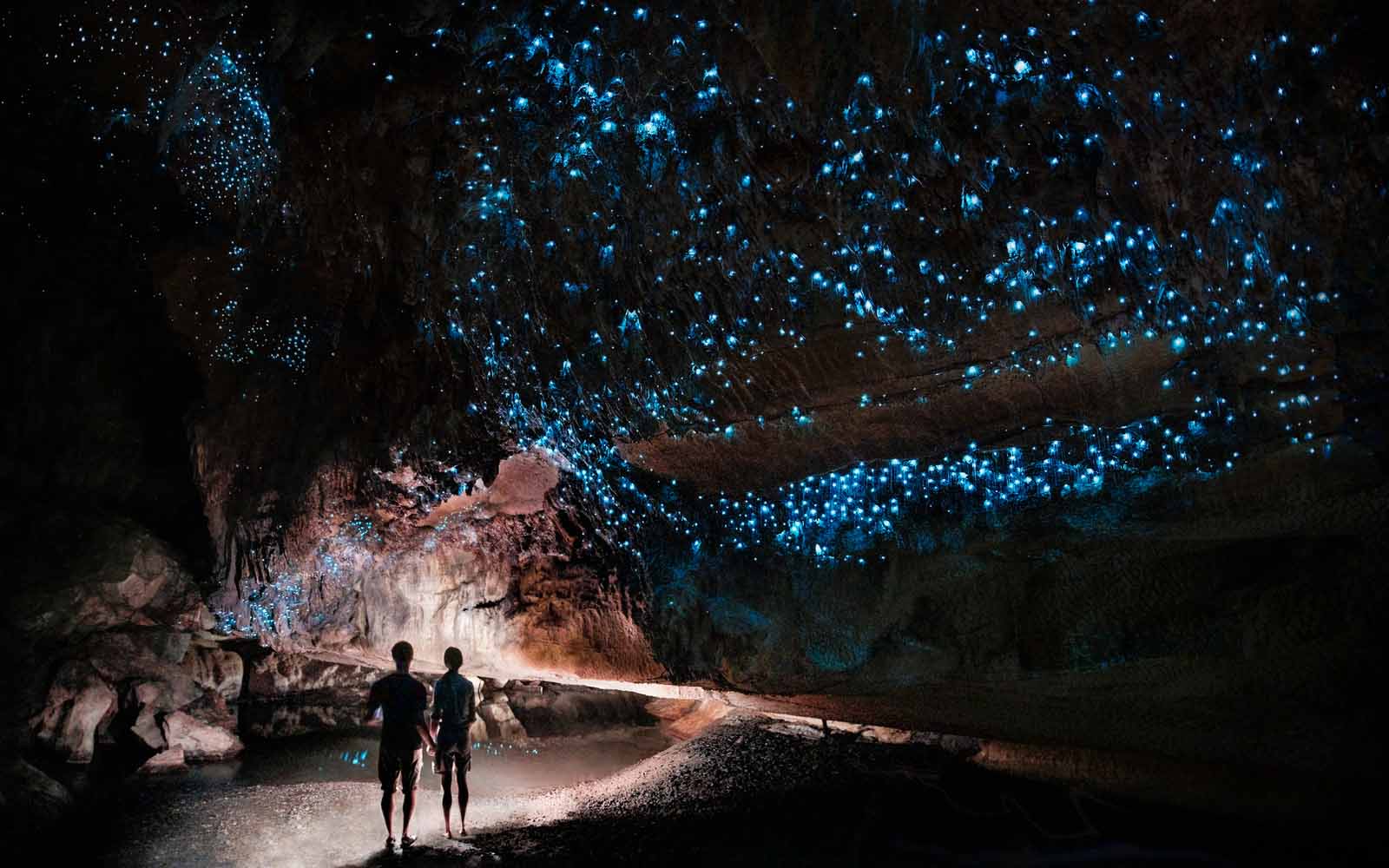
These caves, just two hours north of Auckland, harbor glow worms thriving in the darkness of limestone formations. Visitors are attracted by the stunning beauty of this natural wonder, and entry is free.
2. Salar de Uyuni, Bolivia
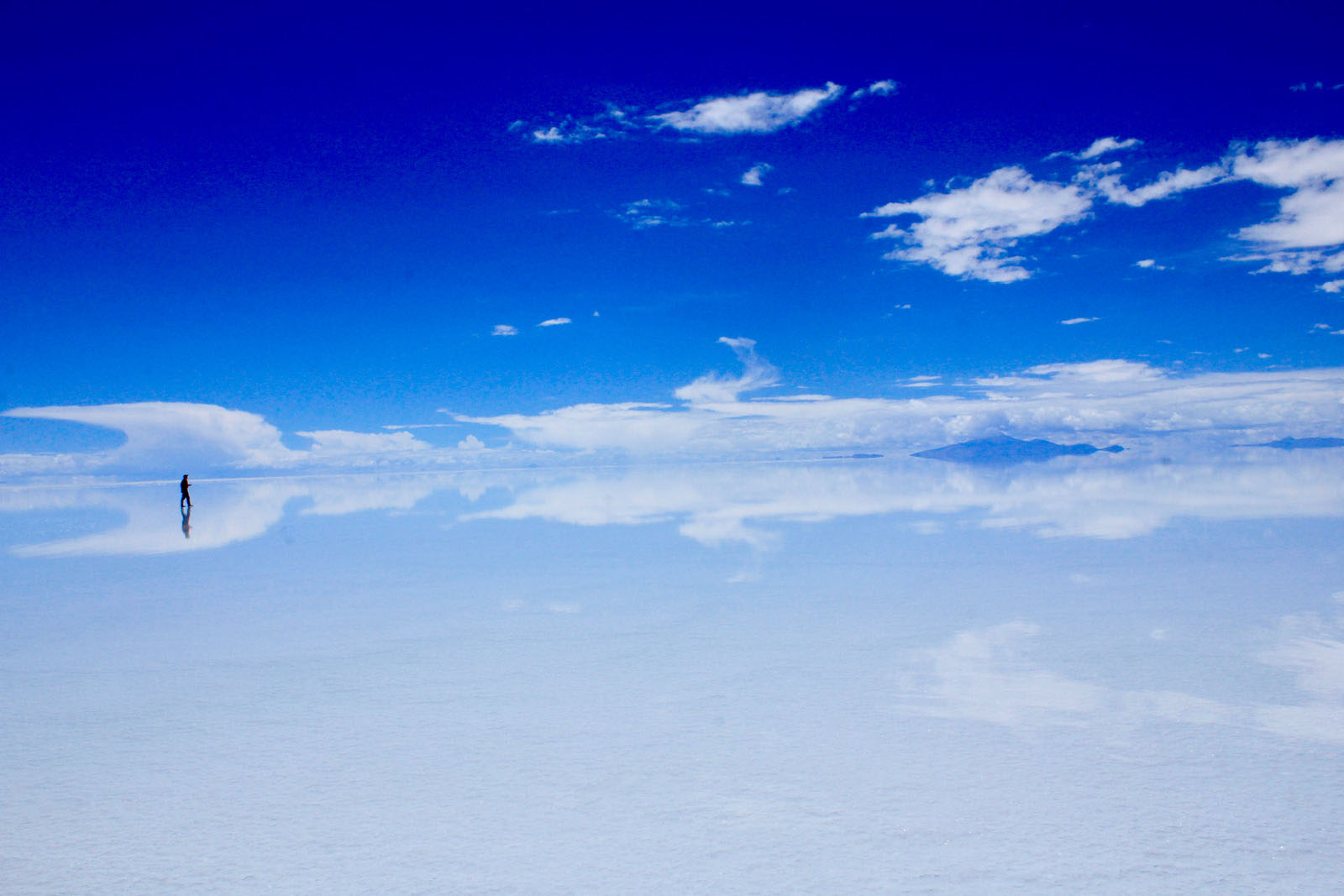
Salar de Uyuni, nestled amidst the Andes in southwest Bolivia, is the world’s largest salt flat. Formed by the evaporation of prehistoric lakes, it's often referred to as "the world's largest mirror" and is popular among 4WD adventurers.
3. Red Beach, Panjin, China
The largest wetland featuring the crimson plant Suaeda salsa, located about a six-hour drive from Beijing. September and October are the best months to witness its vibrant red bloom.
4. Chocolate Hills, Bohol, Philippines
These hills on Bohol Island resemble giant chocolates during the dry season, earning them the moniker "the eighth wonder of the world." Spanning over 50 square kilometers, they number around 1,776.
5. Bioluminescence at Night, Jervis Bay, NSW
Jervis Bay in Australia is renowned for its stunning bioluminescence, where marine organisms emit light through chemical reactions. The spectacle transforms the ocean into a shimmering marvel, visible also in Victoria and Tasmania.
6. Dragon's Blood Trees, Yemen
Found exclusively on Yemen's Socotra Island, these eerie trees were highly valued in medieval times for their medicinal properties and distinctive appearance.
7. Lofoten, Norway
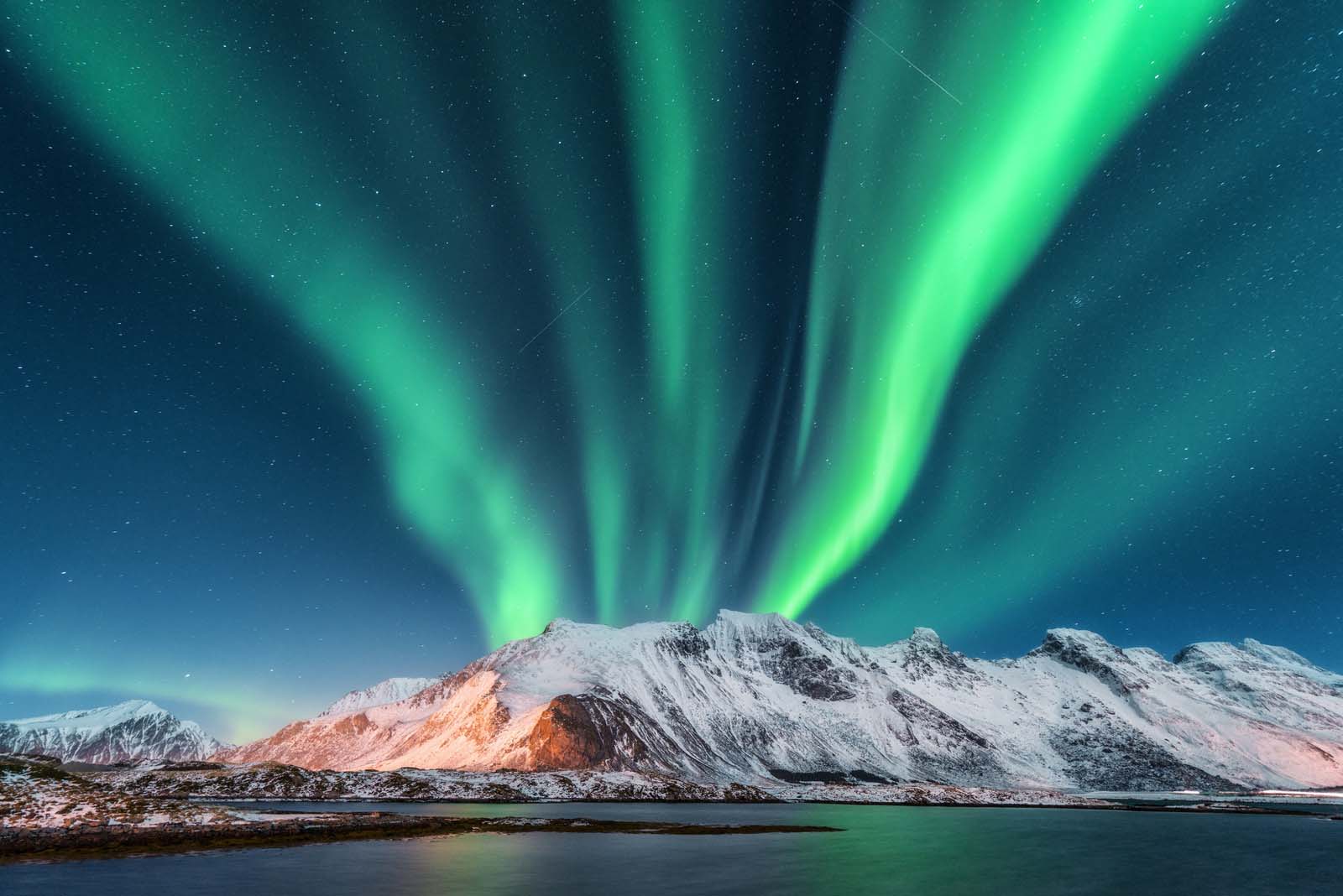
Lofoten in Norway is a picturesque location famous for its Northern Lights displays, a must-see for travelers seeking the natural wonder of aurora borealis.
8. Hutt Lagoon, Western Australia
Near the West Australian coast, Hutt Lagoon is a saline lake known for its vivid pink color, particularly striking when viewed from above.
9. Siwa Oasis, Egypt
Located near Egypt's western border with Libya, Siwa Oasis is famed for its 13th-century mud brick fortress and salt lakes where visitors can experience buoyant floating.
10. Zhangye National Geopark, China
Dubbed the "Rainbow Mountain," this park showcases colorful landforms formed over millions of years by mineral deposits and sandstone accumulation, a visual treat for hikers.
11. Underwater Waterfall, Mauritius
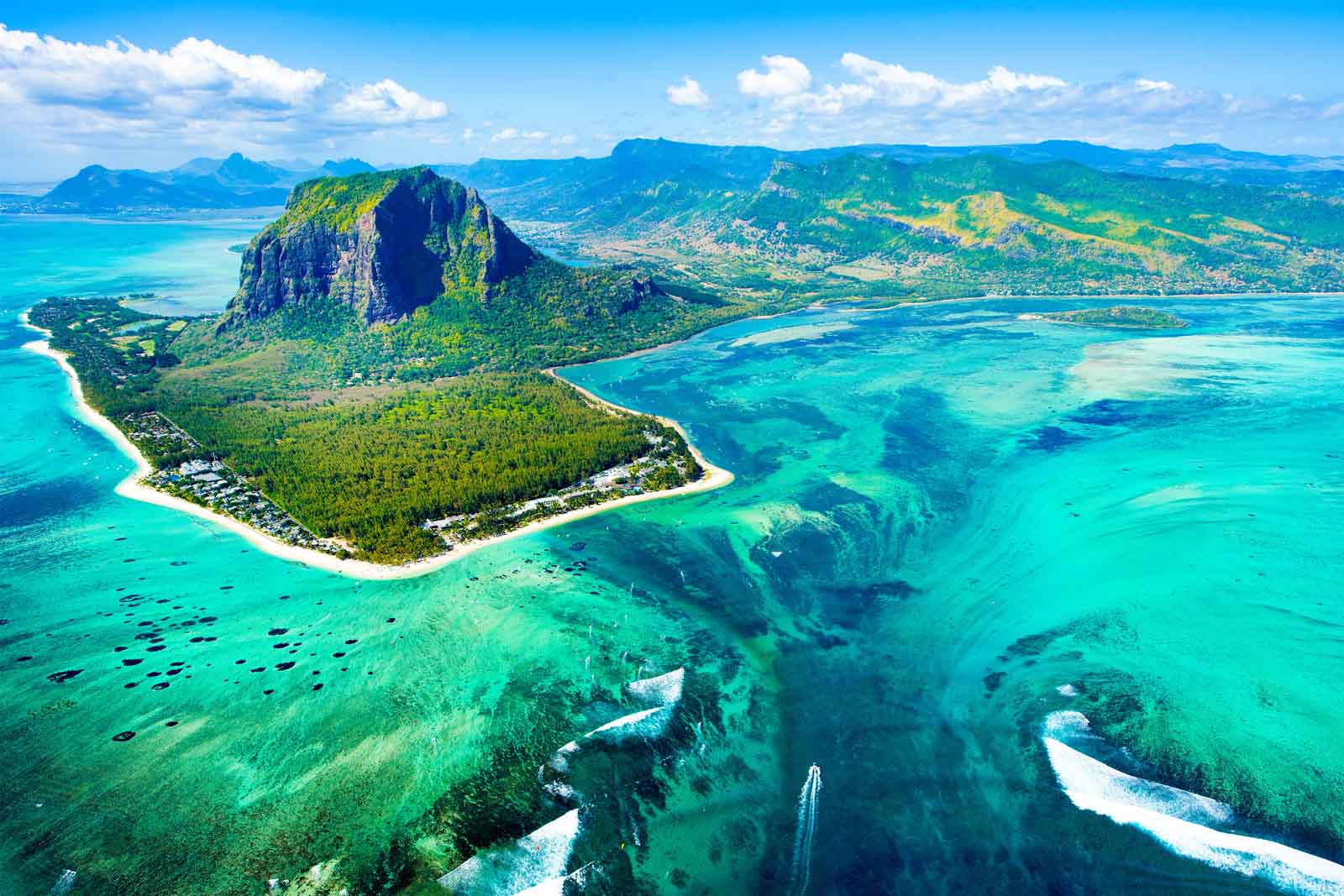
Off Mauritius' southwest coast lies a UNESCO World Heritage site where ocean currents and sand sediments create the illusion of a plunging underwater waterfall, a unique natural phenomenon.
12. Rådhuset Cave Metro Station, Stockholm, Sweden
Rådhuset subway station in Stockholm is renowned for its floodlit bedrock walls that ascend from the platform level, making it one of the world's most Instagram-friendly train stations.
13. 'Eye of the Earth', Centina River, Croatia
The 'Eye of the Earth,' or Izvor Cetine, is a natural spring at the base of the Dinara mountain range, resembling a sinkhole fed by an underground aquifer, inviting adventurous dips into its cold waters.
14. Zhangjiajie Forest Park, China
A UNESCO World Heritage Site known for its eerie pillar-like formations, one of which was named "Avatar Hallelujah Mountain" after inspiring the floating rocks in the film Avatar.
15. Pamukkale, Turkey
Translating to 'cotton castle,' Pamukkale is adorned with 17 tiered thermal pools below the ancient spa city of Hierapolis. A declared World Heritage Site, it offers a blissful experience with constant water temperatures.
16. The Wave, Arizona
Located on the Utah-Arizona border in Coyote Buttes North, this sandstone rock formation is a stunning natural wonder, accessible via permits obtained through a lottery due to its popularity and a challenging 10-kilometer hike.

